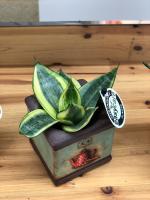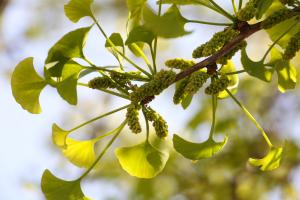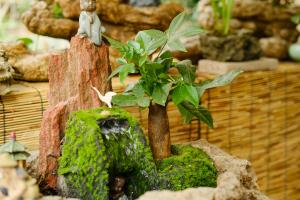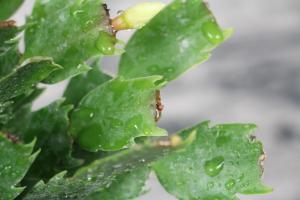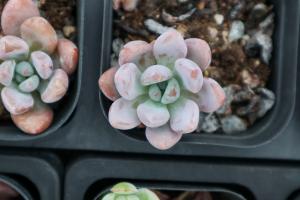Are Peanut Shells Good for Plants
Many people wonder if peanut shells are good for plants or not. After all, you might have seen many gardeners using them as mulch and feed for their plants. Let’s explore why peanut shells can be a beneficial addition to your garden.
The Nutritional Value of Peanut Shells
First and foremost, peanut shells are rich in nitrogen – a vital nutrient for plant growth. Nitrogen is an essential component of chlorophyll, the green pigment that helps plants photosynthesize. It also aids in the production of amino acids and proteins, which form the building blocks of plant tissues. Additionally, peanut shells contain good amounts of potassium and phosphorus, two other essential nutrients for plant growth. So, adding peanut shells to your garden can provide a natural, slow-release source of nutrition for your plants.
Peanut Shells as Mulch
Peanut shells are also great as a mulch material. When used as mulch, peanut shells can help conserve soil moisture and regulate soil temperature, leading to less plant stress and better growth. Peanut shells also suppress weeds, and are less likely to attract pests and diseases than other organic mulches. Additionally, as peanut shells break down, they release nutrients into the soil, which plants can access over time. Thus, using peanut shells as mulch can help to suppress weeds, conserve soil moisture, and fortify the soil with nutrition.
Peanut Shells as Compost
Another way to use peanut shells in your garden is to add them to your compost pile. Peanut shells are an excellent source of carbon, which is a vital component of healthy compost. They are also porous, allowing air and moisture to circulate within the compost pile, leading to faster decomposition. Furthermore, peanut shells are slow to break down, which is beneficial for composting. The slower the decomposition, the more time the microorganisms have to break down the material into nutrient-rich compost.
Conclusion
In conclusion, peanut shells are a valuable resource that can benefit your garden in multiple ways. Whether you use them as mulch, compost or simply as a feed for your plants, your garden stands to benefit from the natural, nutrient-rich content of peanut shells. They are an eco-friendly and cost-effective way to keep your garden healthy, and are readily available in most places. So, the next time you are disposing of peanut shells, think twice – they might just be what your garden needs for optimal growth and health!

 how many times do yo...
how many times do yo... how many planted tre...
how many planted tre... how many pine trees ...
how many pine trees ... how many pecan trees...
how many pecan trees... how many plants comp...
how many plants comp... how many plants can ...
how many plants can ... how many plants and ...
how many plants and ... how many pepper plan...
how many pepper plan...
